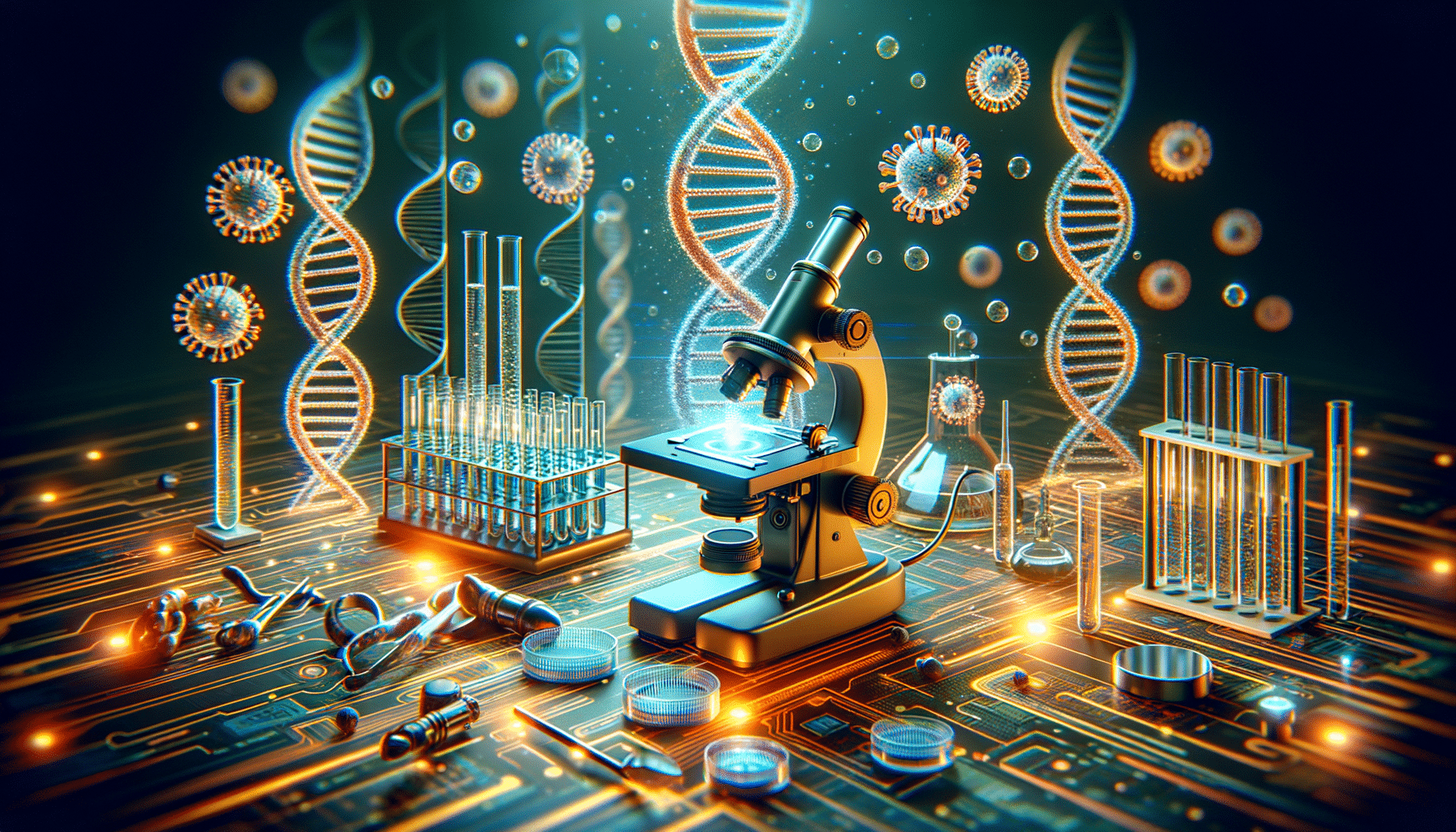
Learn More About Your Genetic Background
Introduction to DNA Testing
DNA testing has become a fascinating tool for individuals seeking to uncover their genetic backgrounds. With advancements in genetic science, DNA tests offer insights into ancestry, health predispositions, and even personal traits. This technology has transformed from a niche scientific endeavor to a mainstream curiosity, providing people with a deeper understanding of their unique genetic makeup. By examining the DNA strands, these tests can reveal connections to various ancestral regions, offering a glimpse into one’s heritage and familial lineage. The importance of DNA testing lies in its ability to bridge the past with the present, offering individuals a comprehensive look at their genetic roots.
The Science Behind DNA Testing
At the core of DNA testing is the analysis of genetic material, which is composed of long strands of nucleotides. These nucleotides form patterns that are unique to every individual, much like a genetic fingerprint. DNA tests typically focus on specific markers within the genome, which can indicate ancestry and potential health risks. The process involves collecting a DNA sample, usually through a simple cheek swab, and analyzing it in a lab. The results are then compared against a large database of genetic information to determine ancestral origins and potential genetic traits. This scientific approach provides a reliable method for individuals to explore their genetic heritage with precision and accuracy.
Applications and Benefits of DNA Testing
The applications of DNA testing are vast and varied. One of the most popular uses is for ancestry exploration, where individuals can discover their ethnic backgrounds and familial connections. This can lead to a greater understanding of one’s cultural heritage and personal identity. Additionally, DNA tests can provide valuable insights into health predispositions, allowing individuals to make informed decisions about their lifestyle and healthcare. By identifying potential genetic risks, people can take proactive measures to manage their health more effectively. Furthermore, DNA testing can be used in legal contexts, such as paternity tests or forensic investigations, highlighting its versatility and importance in various fields.
Privacy and Ethical Considerations
While DNA testing offers numerous benefits, it also raises important privacy and ethical concerns. The collection and storage of genetic data must be handled with care to protect individuals’ privacy rights. Many DNA testing companies have stringent privacy policies to ensure that personal genetic information is not misused or shared without consent. However, it is crucial for individuals to understand the terms and conditions of these services to make informed choices. Ethical considerations also arise when it comes to the potential misuse of genetic information, whether for discrimination or unauthorized research. As such, ongoing discussions about the ethical implications of DNA testing are essential to safeguard individuals’ rights and promote responsible use of genetic data.
Future of DNA Testing
The future of DNA testing promises exciting advancements and possibilities. As technology continues to evolve, DNA tests are expected to become even more accurate, affordable, and accessible to a broader audience. The integration of artificial intelligence and machine learning in genetic analysis could enhance the interpretation of complex genetic data, providing more comprehensive insights into individual health and ancestry. Moreover, the expansion of genetic databases will improve the accuracy of ancestry predictions, offering more detailed and precise results. As DNA testing becomes more integrated into everyday life, it will undoubtedly play a pivotal role in personal healthcare, ancestry exploration, and scientific research, shaping the way we understand our genetic identities.


